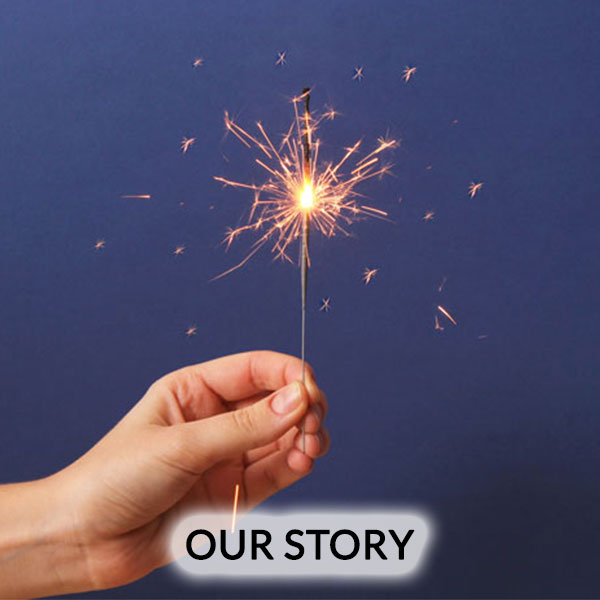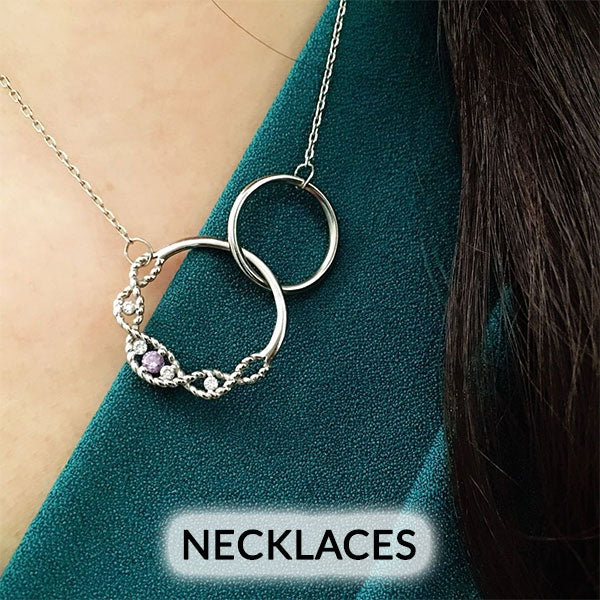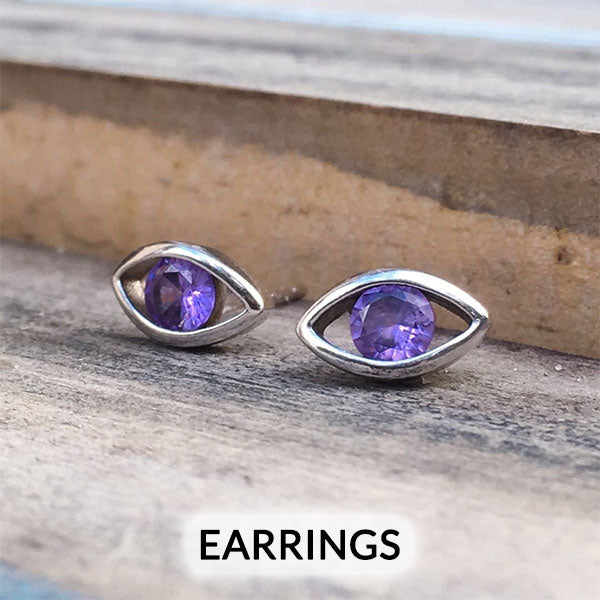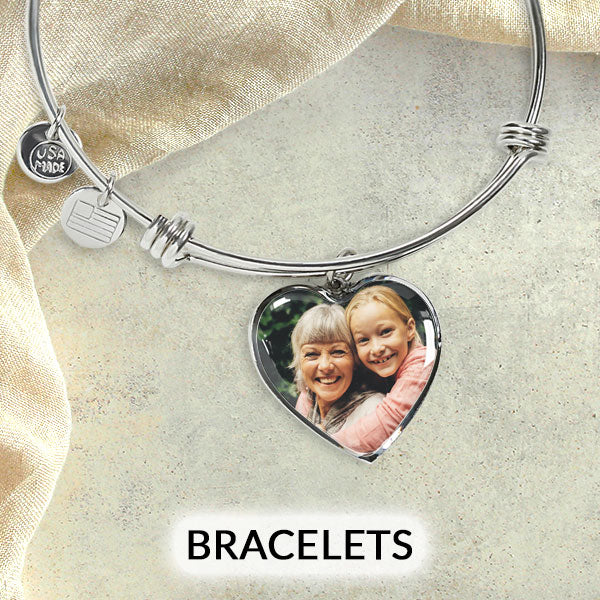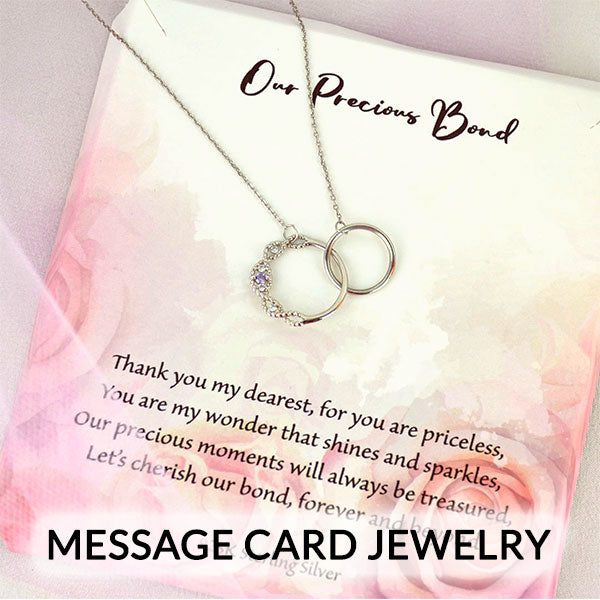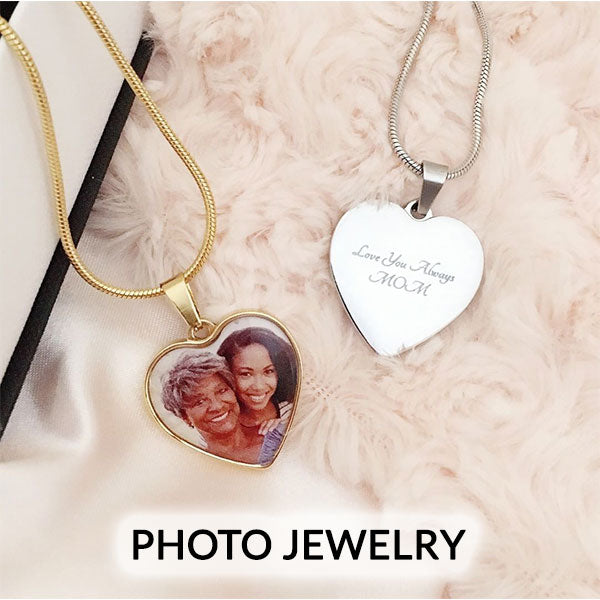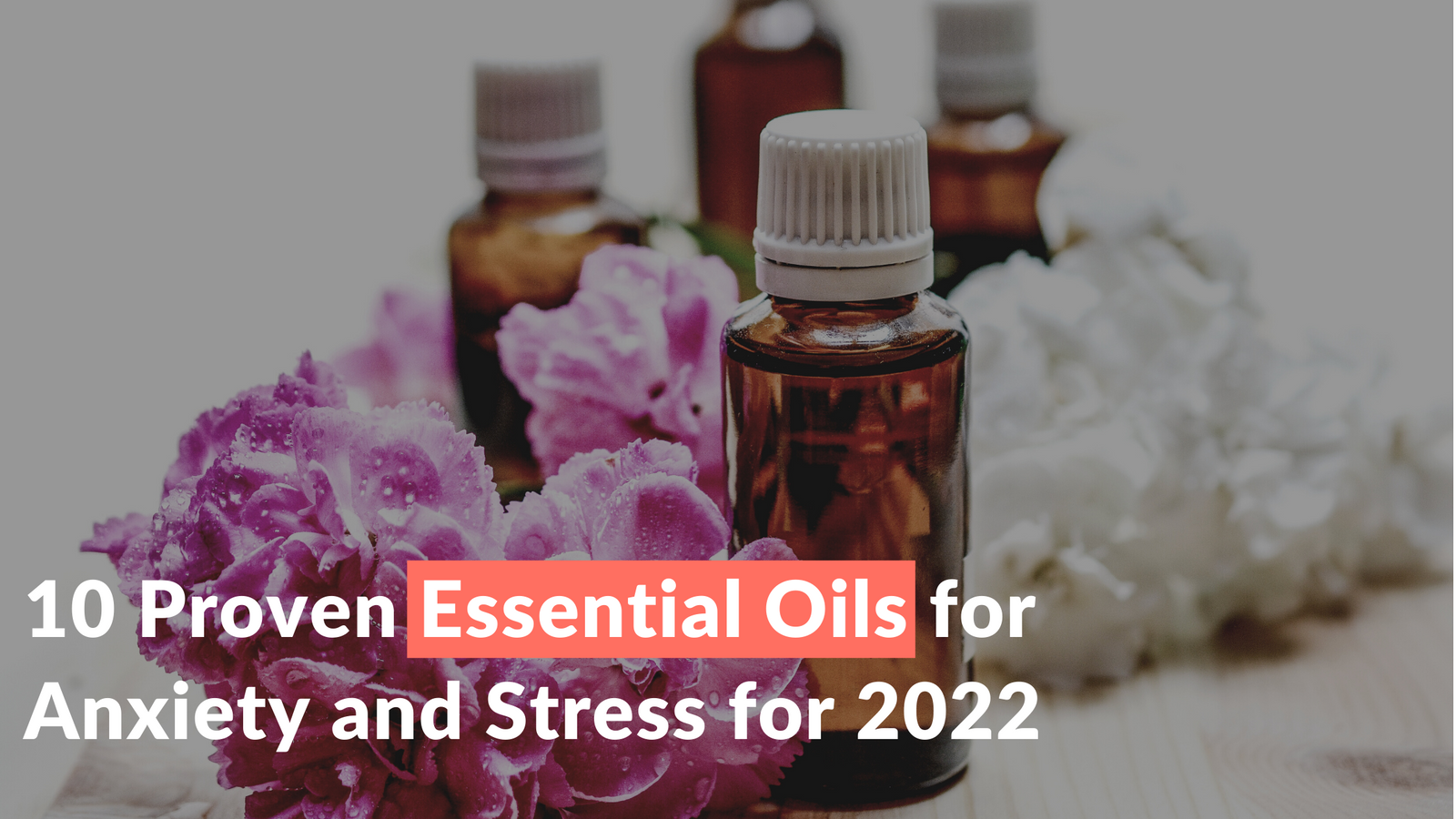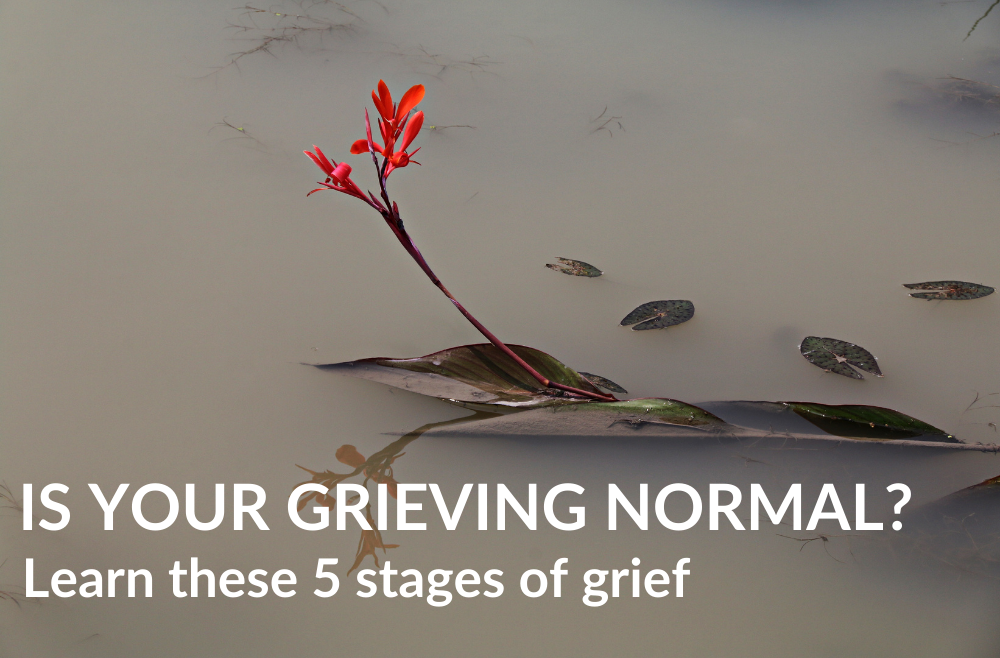
If you read this, you've probably lost someone recently and you're looking for answers.
If you are just a friend who wants to help someone who is currently grieving, you may want to check out our other article here: how to help a friend who is grieving a loss of father.
Let's get started!
First thing first - we need to agree on one thing:
(Almost) Everyone had experienced a loss of any kind in their life.
We lost our dolls, our pets, our loved ones.
What we can't agree about is what is the right way to grieve and to cope with grief.
We at WonderSpark are with love in every living and heavenly soul, and we love to have our share in easing your life in any way possible.
After reading more than 100 real-life stories from people who experienced a loss of a loved one, I can honestly say grief is not a nice 5 steps thing in order (the irony of the title).
It is messy and the steps all intertwine at different times. Some days you feel okay. Sometimes you cry. Sometimes you feel anger. Sometimes you go into various forms of escapism to alleviate the pain for a bit. Sometimes, you feel like you are losing your mind.
Many people are getting confused about their grief and the way they feel thinking their grief is not following a pattern and there is something wrong with them, and you probably felt that, too.
But, there's much more behind these feelings, and one thing we can do is going through them consciously.
There is no denying that all these "stages", or rather emotions, are a big part of everyone who is grieving.
It's just that they don't come in order, pattern, or at a particular time frame.
Everyone who had lost a loved one will say: The grief is for life.
Grief has no guidebook—no straight line to follow. Grief is the soul’s way of mourning a person, place, or thing of time past. It comes in waves and is rarely predictable. One minute you are balled up on the couch crying pools of tears, the next you are laughing, the next you are numb.
Because of this, the kindest thing we can do for ourselves when experiencing grief is to allow it to be there and give ourselves time to heal.
What You Should Know About The 5 Stages Of Grief and Loss
Read carefully through all the stories, because each of them is unique and brings a new perspective to the respected stage.
STAGE 1: SHOCK AND DENIAL
This is the very first moment after a loss, and even during.
Many felt this way while waiting for their loved one on their death bed, and all they have to say is usually:
"This is not happening"
"How can this happen to me"
"I just saw him/her just yesterday"
The list can go on and on.
In the stage of shock and denial, you might feel numb about the situation and the feelings and emotions you have at the moment.
After all, the funeral, the memorial, and everything around are on you. The first few days seem surreal. It feels like there's no even time to grief, right?
And the shock comes after all the noise is gone, everyone has left and you are alone with your deepest emotions and the feeling of emptiness.
✅ What you can do to help yourself:
• Be open to seeing reminders of your loved one: photos, their belongings, visiting their grave. This is a simple reality check, and it often helps to accept and look for a way to cope with your loss.
• Be honest with yourself and others. Whatever you feel, there's no benefit to hiding it. Besides that, when someone asks: "How are you?", they won't know unless you are honest with your feelings. Cry when you feel like it, but don't hide it.
• Don't be afraid to ask for help, physical or emotional, and if you feel like you can't function in your daily life, then seek professional help.
❤️ MIYA said:
Sometimes I am numb to it. Not necessarily in denial but just numb.
I lost my dad months before my 18th birthday, very suddenly. He died from a heart attack and I could have never seen it coming. I have a lot of thoughts when I think about him, how I held resentment towards him for believing he wasn’t there enough for me, for not understanding me through my roughest patches, for rejecting his love because I have forever been incapable of accepting love. I think about how I took him for granted so much, I didn’t call him enough, I didn’t listen to his advice because I believed it was coming from a condescending place. Why is it, that when someone dies you understand their words so much clearer? I just turned 18, it was the first birthday he wasn’t there for. I am growing and his advice has given me clarity but I can’t help but think about how he isn’t going to be there to see me use any of it or to be proud of me. I can’t help but think about how he only saw me struggling and will never get to see me succeed. I thought there would be levels to grieving, stages, but sometimes I am numb to it. Not necessarily in denial but just numb. Then, I want to feel it because I feel like something’s wrong with me, but when I feel it fully it’s the most painful thing. I know there’s no guideline for these types of things, no experts, I just need advice. This just feels so, IDK there are no words to describe it. People also told me they feel their loved ones after they’re gone, they dream about them, they think about how they’re looking down on them. Why don’t I feel that? I feel like I can’t pray when everyone is telling me to because it doesn’t feel real. He just feels gone and the god they’re speaking of just feels like someone who took him away.
STAGE 2: PAIN AND GUILT
The stage of pain and guilt is usually during or the days after the loss. Once your shock starts to fade, you'll notice the pain.
It's a state where you finally physically and emotionally realize what had happened, and the pain can be extremely difficult to handle.
It's usual to blame yourself if you weren't in a position to help or do anything about the situation.
It's a feeling of guilt of not being there in the moment, or feeling guilt for the last words you have said to that person, even if it's completely illogical.
✅ What you can do to help yourself:
• Talk it out with someone you trust. A friend or loved one can provide you with a more objective perspective on what occurred.
• If you are still struggling with guilt, it might be time to make amends. This could mean confessing what happened, sharing the guilt you are experiencing, apologizing, and discussing what you can do to make this situation better.
• If you're still finding yourself unable to let go of feelings of guilt, talk it out with a trained mental health professional. This can be especially helpful if you're prone to feelings of guilt when they might not even be deserved.
❤️ BECCA said:
I feel incredibly guilty for leaving...
“My sister received a call Thursday morning 2/27 that my mom was non-responsive and then 10 minutes later received a call that she had passed, the nurse saying she “slipped away”. I feel incredibly guilty for leaving and that neither my sister or I were with her the last 3 days she was alive. Before I left, my sister said I shouldn’t go home as things were progressing quickly but I talked it through with my mom and she said I should get back to work, stating we had a long road ahead of us with many treatments and possibly hospice. I never could have imagined my mom only has a few days left and I feel so horrible for leaving. My mom was my best friend, and as I am single, she helped me with so many things in my life. We traveled together and she visited me several times a year, sometimes staying with me for a week, and I talked to her almost every day. Right now I really want to call her as she has helped me get through every difficult situation in my life. I can’t stop crying and find it difficult to eat or sleep, all I want is my mom. The only thing that gives me some comfort in knowing she was a person of faith and is in heaven.'
❤️ NICOLE said:
I started being more direct with my friends about what I needed and how I felt
"Losing a mom is so painful. I lost mine in July 2018. She was my everything. I have severe depression I work with every day and know that it’s no joke. Since losing my mom I have had emotions running the entire spectrum in my grief. People (especially if they haven’t lost their parents) don’t know what to do with others' grief and so some of them avoid interaction with us entirely. The best thing that I did for myself was to go to therapy. It makes me accountable to be somewhere. It makes me face my grief, it helps me release emotion and I can release all of it in there (even anger). It helps me to have a witness to my grief, to know it’s normal to feel how I feel and that it’s ok. It takes time to process loss and how to move forward feeling so lost and so I continue to go. Grief doesn’t go away but it changes and becomes more bearable with time and tools. After things were a little less cloudy for me, my friends and I had discussions and I realized they wanted to help but were nervous and not sure how to approach me. They thought I wanted time alone. I started being more direct with my friends about what I needed and they ended up stepping up to the plate."
STAGE 3: BARGAIN AND ANGER
Together with the pain and guilt, comes the bargaining stage and the stage of anger.
While you might be blaming yourself, your loved one, or someone else for the current situation you are in, the pain is so strong that it leads to anger.
Your anger may be aimed at strangers, friends, or family, the doctor who diagnosed the illness and was unable to cure the disease, and even inanimate objects.
It's a very difficult time when in the pain of the grief, one starts to bargain with their respectful deities in a form of:
"Please God, bring him/her back, and I'll be a better person, I'll make it right...."
"I would do what it takes to see him/her in Heaven"
"Please God keep the rest of my family safe from such pain"
and so on.
The feeling of guilt has a big role in this stage, the bigger the guilt the stronger the anger.
✅ What you can do to help yourself:
• Don’t hide your true feelings for fear of being perceived as ‘negative’, ‘over-emotional’, or ‘crazy’. Honor your anger by allowing yourself to be angry. Find a solitary place and let it out. Healthily explore your anger, it's just another indication of the intensity of your love.
• Try venting your frustration and anger with any physical activity that's suitable for you. Or join a support group of people who are going through the same pain.
• Forgive yourself. If you are not able to do it by yourself, talk to a trusted spiritual counselor, a family physician, or a certified therapist about how angry you are.
❤️ GEORGE said:
I came to realize that all of this "what if" and "If only.." still wouldn't bring my beloved back into my life
"How much acute pain I was in when my wife died suddenly without warning. Nothing in my life prepared me for that Shock and AWE. I kept looking for reasons, excuses, something I missed, I forgot to do that may have killed my wife.
I was her caregiver for the last six years of her life. I loved her beyond life itself. We are soulmates. It took some time and working through this grief steps and healing journey that I came to realize that all of this "what if" and "If only.." still wouldn't bring my beloved, Rose Anne, back into my life. Her death was beyond my control.
I had to forgive myself and let all of those thoughts go because they didn't help."
STAGE 4: DEPRESSION AND LONELINESS
At this stage, you are much closer to the acceptance of the loss, but it's the most difficult stage to cope with.
The feeling that you want to be left alone, and the feeling of loneliness when you are alone are often the signs of this type of depression.
I'm saying "this type of depression" because it's different than the medically diagnosed depression, and it's not accompanied by suicidal thoughts. It’s important to understand that this depression is not a sign of mental illness. It is the appropriate response to a great loss.
However, the sooner you accept this depression as a first sign toward the next stage of your grief, which is acceptance and hope in finding a new normal.
It is a natural stage of grief so don’t let yourself be talked out of it by well-meaning outsiders. Their intentions to make you feel better right away are well-intentioned, however, going through these feelings helps you move towards peace.
✅ What you can do to help yourself:
• Express your feelings healthily and creatively by writing or keeping a journal about how you feel every day. You can create a photo or scrapbook from the photos and belongings of your loved ones or you can volunteer for a cause that was important to your loved one. These practices will let you connect with your angel in heaven on another level and will help a lot with this stage of depression.
• Set a small exercise goal for each day, like: "Today I will wake up and walk around the block once". The feeling of accomplishment and the exercise itself have a big positive impact on people with depression.
• Plan for emotional triggers, like holidays, birthdays, anniversaries, or any events that are important to your loved one in heaven. Be prepared that you will will be very emotional, and the pain will be stronger, so talk to your friends and family and ask for support on these days.
❤️ NC MOUNTAIN BOY said:
Angry, sad, depressed, alone (even with my wife and daughter with me)
My Daddy went on a deep decline after Momma passed. They put him on hospice care within a week and then took him out of it. But within two months, he had been rediagnosed with congestive heart failure - he decided he was done, he was ready to go home to Momma to see her and the Lord. The doctors said without treatment, it would be quick, but no idea how quick. I signed the paperwork authorizing hospice care the day I talked with the doctors - it was the day he passed - 10/11/2019 (65 years old).
Here it’s been six months for Momma and four months for Daddy... and it still feels so fresh and painful. Angry, sad, depressed, alone (even with my wife and daughter with me), angry... it just doesn’t seem right, still. It still hurts so badly when my wife talks about showing her Mom or Dad something new our daughter is doing (less than a year old), I think that I’ll do the same - only to painfully remember that I have neither one now to share in these moments. Joy flips to depression. And here, on top of it all, I still fight with the idea that I am somehow complicit in their deaths because I did not force medical interventions - perhaps that’s true.
Most of the time when I am alone I spend thinking of them. I can’t sleep some nights (like tonight) because when I close my eyes I see them and I can’t stop crying.
I just had to find someplace to share what is going on inside. I really just, I don’t know...
❤️ ANNE said:
My reality is that we all live and we all will die so I have chosen to enjoy life one day at a time. Some of those days are so very hard but then some days are good, also.
How to comfort ourselves: Do things you used to do with your spouse. Go out to eat (start with breakfast) ~ bring a book and read in place of the conversation you used to have. I go to Barnes and Noble ~ buy a coffee and cookie and find a place to read. I don’t feel so alone and at least I’m among other people instead of sitting in my home alone. I used to think people were looking at me but many are doing the same thing I’m doing. I also like going to a hardware store to buy something I need for the house ~, in the beginning, I couldn’t do it and would have to leave. I go to the library and listen to tapes or music. It puts me out with other people rather than sitting at home.
About eight months after Jim died I decided to rescue a dog. I was struggling without companionship and I always loved dogs. My rescue dog was with me for only a very short year before he started having seizures and then a weak heart. This is still so hard for me to not have him with me. I do have a grandson nearby and I have been asking to have him come and visit me more. I am okay with that for now.
I go out to lunch more often with friends. I listen to what others are saying but I do not talk too much about how I am doing. Most don’t want to hear about death anyway so the time is spent in small talk ~ which is okay with me because I don’t feel like sharing many things that are so personal anyway. I still get out.
I am not interested in another relationship at all. I don’t want a companion ~ I want companionship. I keep connected with my family ~ talk with my grandchildren and daughter often or call people who understand that living alone can be very difficult and sometimes it is just so good to talk to another human. Silence is still very hard for me.
I have found myself baking and delivering breads, cookies or fudge to the firehouse or to someone who lives alone (I always ask if they want the company) this helps me as I hope it helps the person I’m visiting.
One of the most helpful things for me right now is to keep my connection with some of my online forum members. Those who come here do understand. I have found it comfortable to be with those who have been on this journey with me.
I also enjoy my solitude ~ I don’t mind being alone ~ it’s different than loneliness. I do things that I enjoy like read, listen to music, work on my colored pencil activities.
I like to cook. I try to have dinner for a few friends at least twice a month. I have come to accept that most days I will be eating alone so I try to focus on healthy foods to fix. I’ll read menus or watch a cooking show for ideas on how to cook for one.
I do these things with a heart that is always missing Jim. My reality is that we all live and we all will die so I have made a choice to enjoy life one day at a time. Some of those days are so very hard but then there are days that are good, also.
STAGE 5: WORKING THROUGH AND ACCEPTANCE
As time goes on you will feel more able to be functional, and your mind will start to work a bit more as it did. Your life perspective will be much clearer while sorting out how to move forward to a new normal life.
But, this doesn’t mean the feelings of sadness, anger, depression, guilt, or anything else will necessarily be completely gone.
You might start to work on financial and practical problems to get back to a place of more normalcy. And yes, this doesn’t mean the feelings of sadness, anger, depression, guilt, or anything else will necessarily be completely gone.
But you will be able to move in the right direction towards the last stage, acceptance.
❤️ E.RK said:
Create a new normal
“One of my friends very recently told me that once your "normal" has been disrupted, you don't go back to it, you can't go back to living normally, you instead create a new normal. This has stuck with me and I find that this video resonates with the thought. One can never move on from grief, from the pain of death, time doesn't heal, it just gives you patience.”
❤️ KATPILOT said:
If you think the pain ends one day, better think again. That pain is what makes us better souls.
Today marks the ninth year after Kathy left and I have discovered that I really hate this day. No matter how much time has passed you always remember. All of those horrible days, in the end, they just come back. Even though I am married again and to the most lovely souls I could ever have come to meet, I will always love Kathy and Patty will always love Ron. His demark day comes in just five more days so we share this week and hold on to each other. She asked me yesterday if I was OK. It is truly a blessing to have her in my life because we share that feeling and care about how we both feel and love who we have lost. I am writing this because I know that so many others are going through time without the love they had and I want to express how important it is to go on living. They would never want us not to for we live in honor of the lives they had and keep them, dear, to our hearts. Hard as it is we must keep going and look for how we can better our lives and those around us who suffer too.
I always said I could never marry again for I lost the one true soul mate I had. I said once that it would not be fair to be in another relationship and keep the memory of my lost wife in my home and thoughts. The thing is that when you meet someone who "gets it" and shares what you had everything changes in that. You realize that it is indeed possible to love two people at the same time. Maybe I am just blessed, I don't know, but there it is. I didn't have to give Kathy up or hide my feelings. I just wish I could forget the suffering at the end. That brave girl who had more courage than anyone I had ever known is one thing I won't forget and that my friends are a good thing to remember.
No matter how many years pass and even though the pain lessens, keep going. It is the one thing you can do to make the purpose of your life. If you can help just one person in any way then wasn't that a good reason to keep trying? I knew from the beginning that there had to be a reason I was still here and she had gone. I held on to that thought as I discovered ways to give back life for all it had given me. If you think the pain ends one day, better think again. That pain is what makes us better souls. It reminds us that we give a damn and in some ways that makes me feel better. Kathy made me a better person just for knowing and living with her. It's the least I can do.
REMEMBER, IT TAKES TIME TO HEAL.
A keepsake may help.
Over and over again, we heard that people who have lost someone say they have a keepsake of their lost loved ones to keep them going in life. It can be a piece of jewelry, a photo album, or a watch, as long as it is something memorable that you can hold onto and can help you heal.
With that, we at WonderSpark have created a beautiful piece of memorial jewelry that will go a long way in remembering a special person. It is our way to have a share in making someone’s grieving easier. Check it out!
Keep your loved ones close to your heart

Wear this necklace proudly while keeping your loved one close to your heart.
⭐⭐⭐⭐⭐ Kimberley. C - Remembering my dad
I recently lost my father and I'm so glad I can have him with me at all times. The photo looks really good and the delivery was fast. Thank you guys so much!
A Final Word from Us
This isn't a very happy subject, but it's part of everyone's life. If you have been fortunate to not have such a loss in your life, you might be able to help someone who does.
The grieving stages are inevitable and are a healthy way of healing.
The grief is forever, and it's better when it's healthy.
Everyone grieves differently, and at their own pace and way. All you need to do is be aware, acknowledge and accept your loss.
When the times get difficult, remind yourself of them and their place in your heart. Try to get the connection you miss by asking and looking for signs of your departed loved ones' presence.

